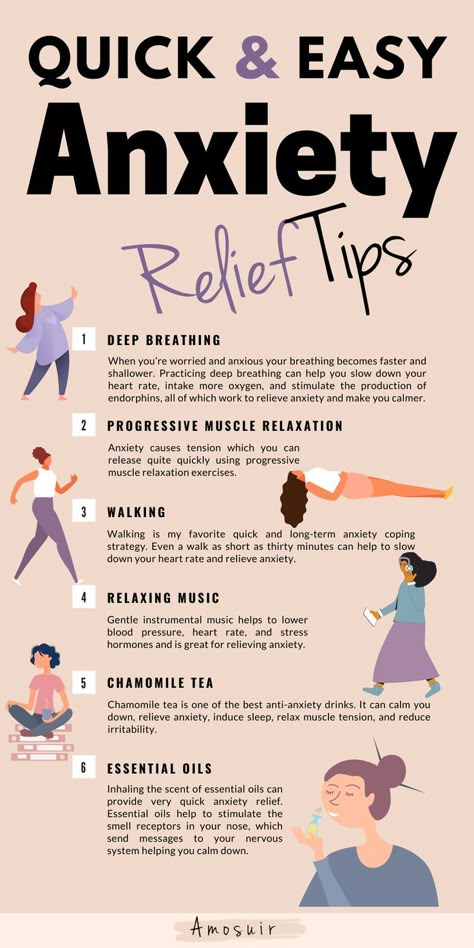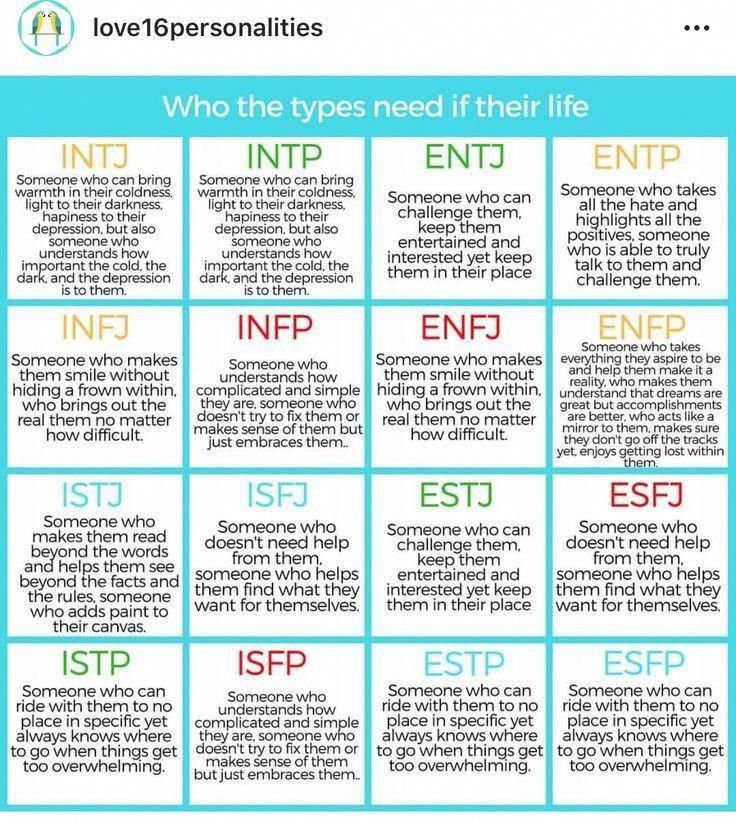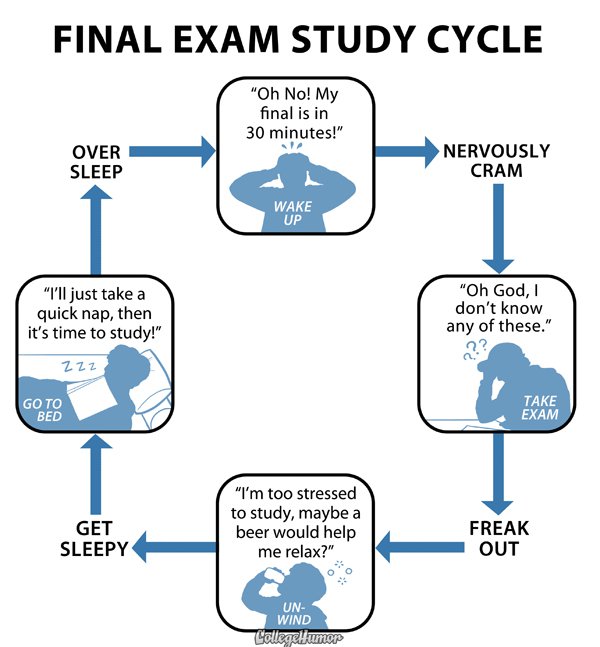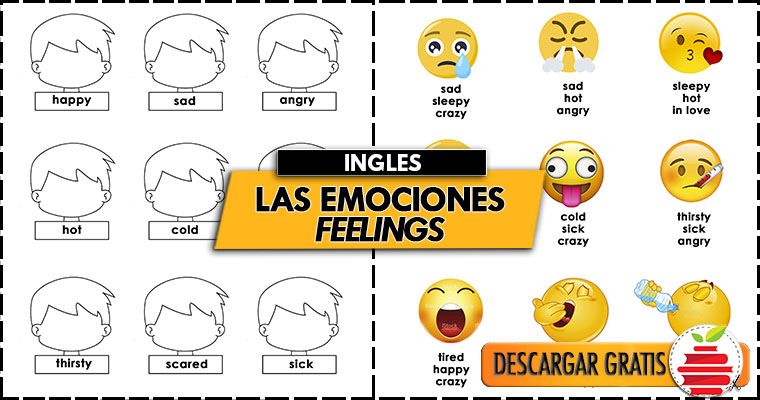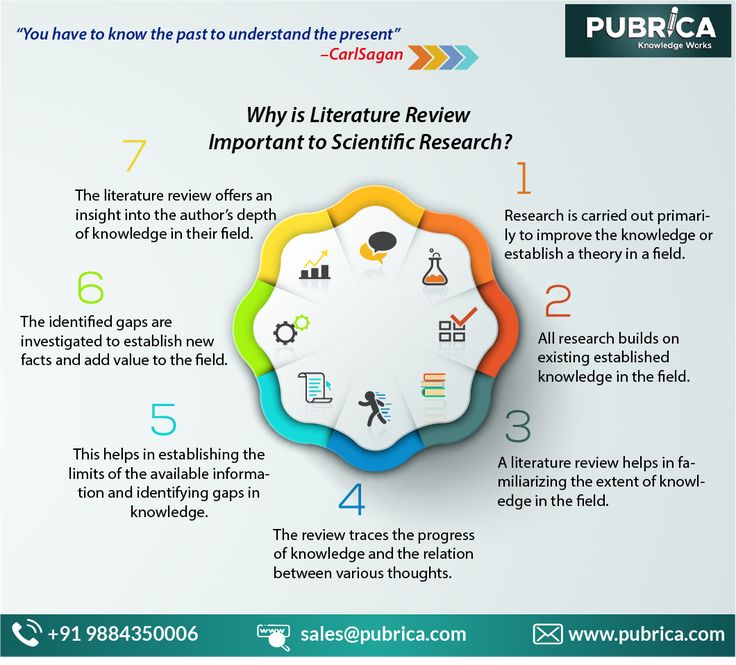Anxiety and pressure in the head
Can Anxiety Cause Headaches or a Heavy Head Feeling?
A heavy or uncomfortable feeling in your head can make getting through your day particularly difficult. For example, you may feel like you cannot hold your head up (heavy head) or have a tight band tied around your head. Doctors often associate a heavy head with tiredness, headaches, brain fog, dizziness, neck pain, and pressure in the head and face.
When your head feels heavy, it could be a symptom of several different conditions, so pinpointing the cause is challenging. You will need to assess all your symptoms and recent life events to determine the causes of your uncomfortable feeling in your head. Anxiety is, however, almost always a leading cause of heavy head and tension headaches.
A heavy head is not always a severe condition. However, it could have several causes, ranging from mild headaches and sinus infections to severe concussions and brain tumors.
How Anxiety Affects the Head
Anxiety refers to feeling fearful, worried, or nervous before, during, and after a stressful event. An anxiety attack could lead to pressure and heaviness in your head, along with a racing heart, trouble concentrating, and sweating.
For most people, anxiety comes and goes. However, for others, anxiety can linger and worsen over time. When it persists and interferes with your daily life, you may suffer from an anxiety disorder. Examples of anxiety disorders include:
- Panic disorder
- Obsessive-compulsive disorder (OCD)
- Generalized anxiety disorder
- Social anxiety disorder
- Post-traumatic stress disorder (PTSD)
Anxiety disorders occur due to a mix of genetics and your situational environment, including your upbringing and lifestyle choices. They can sometimes occur with depression and other mental diseases, compounding the symptoms.
Recommended Reading What Is The Difference Between Anxiety & Depression?
Anxiety causes a heavy head feeling because of tension headaches common in people living with the disorder.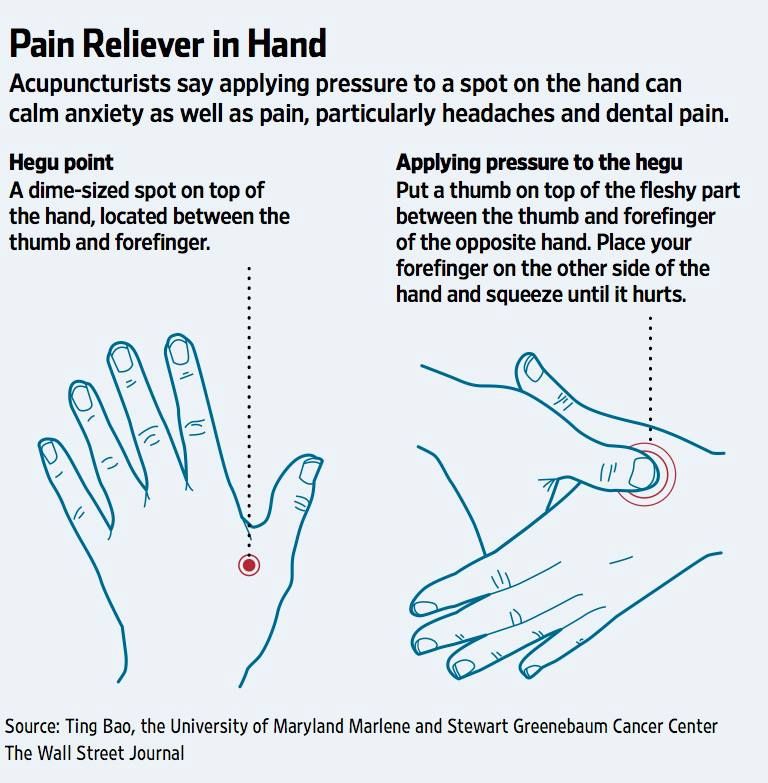 Most people describe these headaches as feeling like a tight band wrapped around their heads. A tightening of the scalp and neck muscles also causes an anxiety headache.
Most people describe these headaches as feeling like a tight band wrapped around their heads. A tightening of the scalp and neck muscles also causes an anxiety headache.
Scientists have linked anxiety to chemical imbalances in your brain and body. [1] They have found several connections between anxiety and strange physical, emotional, and cognitive sensations that primarily affect the head. Below are some common ways anxiety can affect you:
- Negative self-talk
- Rumination
- Constant worry
- Obsessive thoughts
- Racing thoughts
Researchers agree that people with anxiety find it challenging to control their worrying thoughts, which triggers tension headaches and migraines. [2][3]
Symptoms of Stress and Anxiety
Specific physical symptoms associated with anxiety can cause a strange feeling in the head. Anxiety symptoms can affect the body’s circulatory system. For example, heart palpitations or temporary blood pressure spikes can cause:
For example, heart palpitations or temporary blood pressure spikes can cause:
- Headaches
- Dizziness
- Fainting
- Lightheadedness
- Sweating on the face
- A choking sensation
Other common anxiety symptoms are:
- Anxiety heavy head
- Anxiety headache
- Fatigue
- Derealization and depersonalization
- Dissociation and disconnection from reality
- Insomnia
- Racing thoughts
- Rumination and obsessive thoughts
- Ringing in the ear (tinnitus)
- Pressure in the ear or head
- Brain fog
- Numbness, tingling, or pain in the head
Let’s take a deeper look at anxiety headaches and their effects.
Anxiety
HeadachesTension or anxiety headaches are common physical symptoms of anxiety. When you are stressed out, you could have a tension headache. Experiencing frequent and severe headaches could also worsen your anxiety symptoms.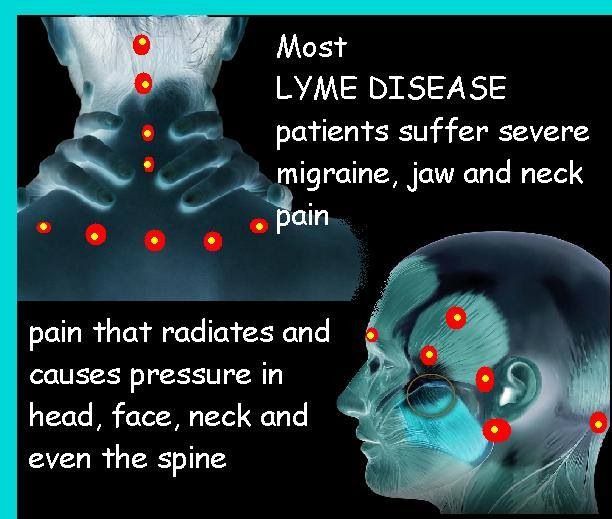 The American Migraine Foundation determines that nearly half of Americans living with migraines also suffer from anxiety. [4]
The American Migraine Foundation determines that nearly half of Americans living with migraines also suffer from anxiety. [4]
It is not surprising to experience a heavy head because of your body’s physical stress during extreme and continuous stress levels. However, if this is something you regularly face, to the point where it severely interferes with your daily life, you may suffer from an anxiety disorder. In this case, it is best to consult a medical professional.
Symptoms of Anxiety HeadachesPeople living with an anxiety disorder can experience migraines or chronic tension headaches. Different types of headaches have various symptoms as follows:
1. Tension Headaches
These headaches commonly develop with anxiety and stress, but they can have other triggers. They generally improve quickly but could persist for several hours or days. Though these headaches may not be severe enough to affect your daily life, they could still negatively impact your quality of life.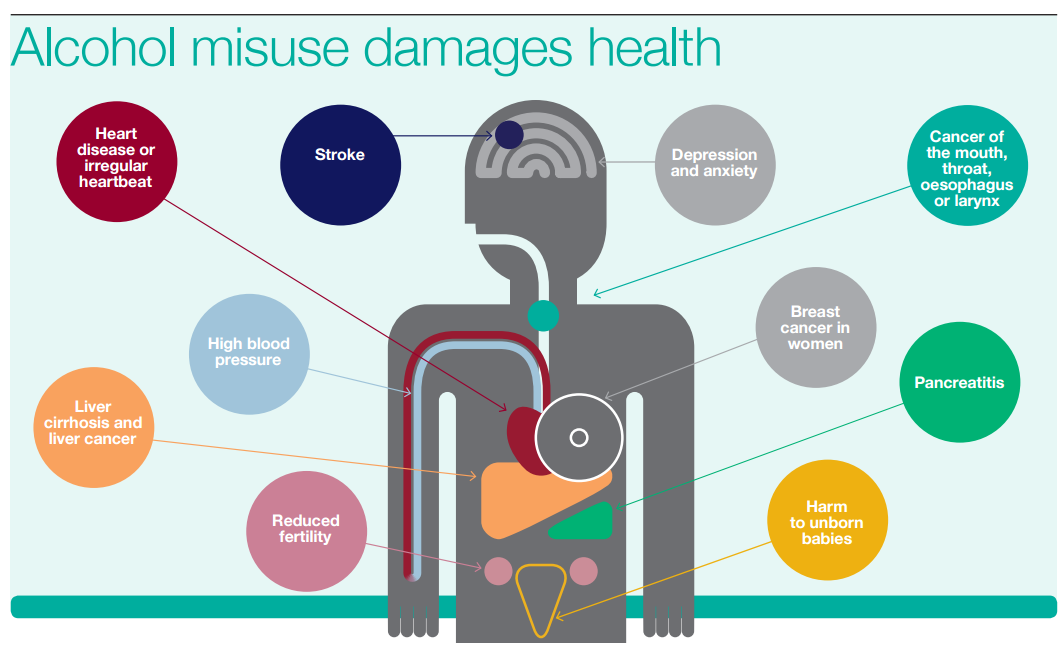 Symptoms include:
Symptoms include:
-
-
- Mild to moderate aching or dull pain
- Pressure behind your eyes
- Tightness in your shoulder and neck muscles
- Pressure that feels like a band tightening around your head
- Scalp tenderness
-
2. Migraine Headaches
Anxiety can also cause migraines. It can be challenging to determine one from the other when you get both migraines and tension headaches. Symptoms include:
-
-
- Throbbing or pulsating pain in your head
- Pain one side or part of your head or face
- Tingling on one side of your face, arm, or leg
- Nausea and vomiting
- Seeing spots of flashing light
- Feeling lightheaded
- Increased sensitivity to light, sound, and strong odors
- Fainting
- Blurry vision
-
Migraines can last for days without treatment and become so severe that they prevent you from performing your daily activities.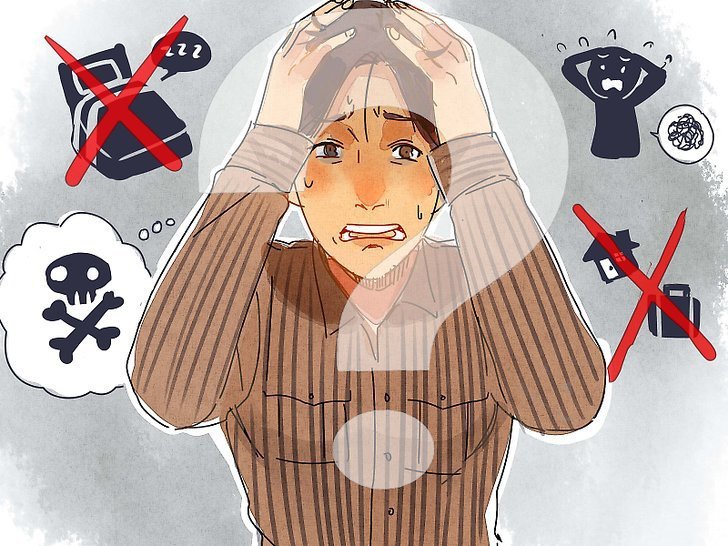 In addition, movement and physical exercise often make you feel worse.
In addition, movement and physical exercise often make you feel worse.
There is no definitive cause of tension headaches and migraines, although there are some common triggers, including:
- Stress: Research reveals stress is a common trigger. Headaches due to anxiety can occur as a physical response to emotional distress.
- Lack of Sleep: People with anxiety issues have difficulty sleeping, triggering migraine attacks.
- Sensitivity to Pain: Researchers discovered people who regularly get headaches are more sensitive to pain. Increased sensitivity can cause muscle tenderness.
- Muscle Tension: Muscle tension is a crucial aspect of anxiety and stress. Whenever you feel anxious, your body responds by preparing to deal with the cause of your worry. In addition, long-term anxiety makes your body remain ever alert. Consequently, this causes tension in your muscles instead of relaxing once the threat subsides.

- Change in Serotonin Levels: The serotonin chemical in the brain plays several essential roles in your body, such as stabilizing your mood and feelings of happiness and well-being. It also helps with eating, digestion, and sleeping. Conversely, too much or too little serotonin levels in your brain affect your mental and physical health. For example, a sudden decrease results in headaches due to the constricted blood vessels and release of neuropeptides.
While you may not entirely prevent headaches from occurring, you can take some steps to help decrease their frequency and severity. These include:
- Recognize Your Triggers: When you get migraines, try and identify what triggers them, including stress, caffeine, alcohol, hormonal changes, insufficient or low-quality sleep, and dehydration.
- Practice Relaxation: Take time off your daily schedule to relax to reduce anxiety symptoms.
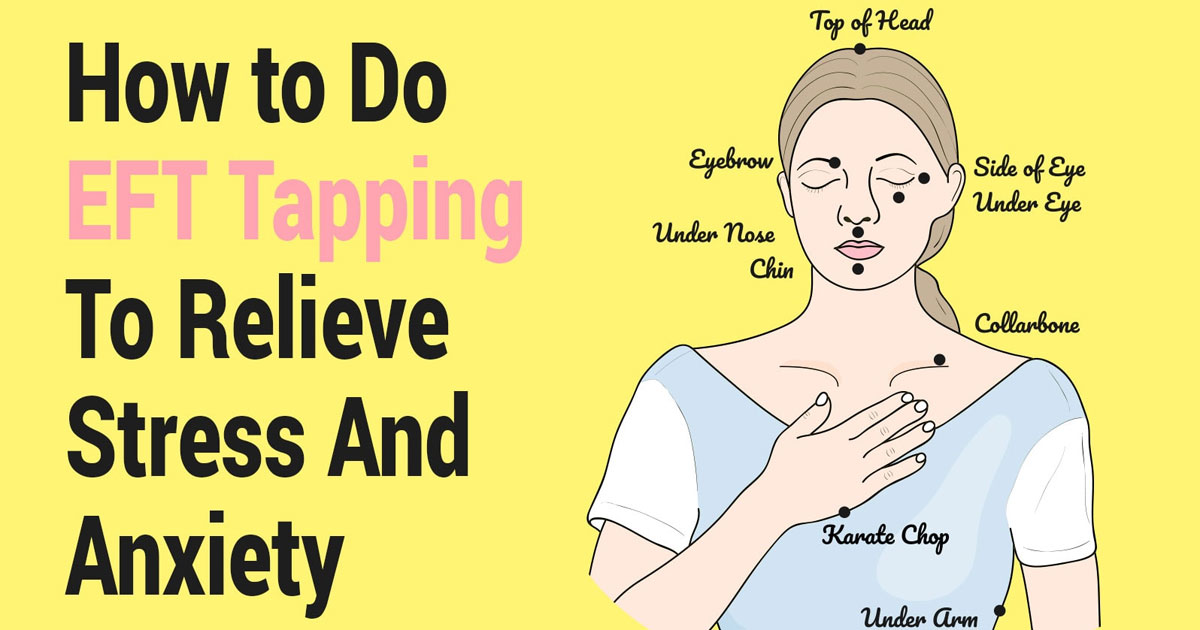 Some physical exercises (like yoga, deep breathing techniques, and tai chi) can help you relax, especially when you rest and sleep enough. Additionally, you can practice mindfulness exercises such as meditation, guided imagery, and progressive relaxation therapy.
Some physical exercises (like yoga, deep breathing techniques, and tai chi) can help you relax, especially when you rest and sleep enough. Additionally, you can practice mindfulness exercises such as meditation, guided imagery, and progressive relaxation therapy. - Practice Self-Care: Anxiety affects your sleep, appetite, and overall health. Therefore, practicing self-care helps reduce many anxiety symptoms, including headaches. For example, get seven to nine hours of restful sleep daily, do regular physical activity, drink enough water, and avoid skipping meals.
Anxiety headaches have various treatment options, depending on the type and severity. Some focus on treating the underlying causes of stress and anxiety, while others concentrate on pain relief.
1. Pain Relieving Medication
You can treat occasional tension headaches using prescription and over-the-counter (OTC) pain-relief medications.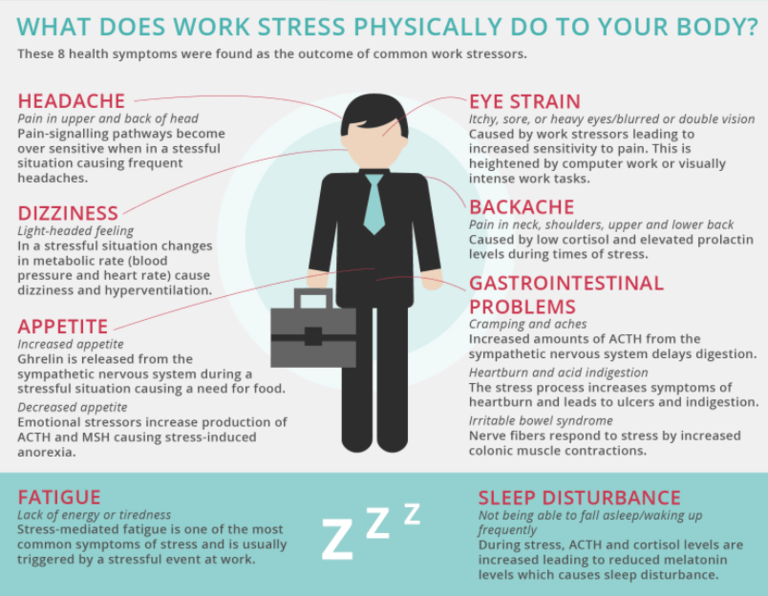 Common OTC medication includes ibuprofen, aspirin, and naproxen (Aleve). Additionally, Triptans prescription drugs treat both tension headaches and migraines by increasing serotonin levels in your brain to reduce inflammation and constricting blood vessels.
Common OTC medication includes ibuprofen, aspirin, and naproxen (Aleve). Additionally, Triptans prescription drugs treat both tension headaches and migraines by increasing serotonin levels in your brain to reduce inflammation and constricting blood vessels.
However, pain-relieving medicines can result in overuse and taking higher doses than recommended, which causes severe side effects.
2. Anti-Anxiety Medication
If OTC and prescription medications don’t treat your headaches, talk to your doctor about different treatment approaches such as anti-anxiety medication (muscle relaxers) to decrease the frequency and severity of persistent headaches.
3. Alternative Remedies
You can try alternative remedies such as:
-
-
- Cold compress to soothe the painful spot and resting in a dark room.
- Acupuncture addresses your body’s energy imbalances and blockages that cause pain and distress.
- Biofeedback uses electrodes on your skin to help you learn to recognize when you get stressed so you can control your response and relax areas of tension.
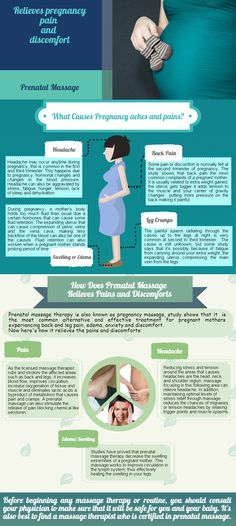
-
4. Talk Therapy
A long-term treatment approach for tension headaches is getting help for your anxiety. Anxiety therapy improves your mental health symptoms and reduces your physical ones. Cognitive behavioral therapy (CBT) treats anxiety by helping you identify and challenge distressing and negative thought patterns.
How to Tell If Anxiety is Causing Your Headaches
Many things can cause headaches and migraines, so you need to identify whether your headaches are due to anxiety or something else. Knowing the cause helps you treat it correctly. Anxiety can cause a weird feeling in your head. You might have anxiety if you experience strange sensations accompanied by:
- Hot flashes
- Excessive sweating
- Dry mouth
- Heavy and quick breathing rate
- Blushing
- Fast heartbeat
- Hair loss
How to Relieve Pressure in Your Head
Relieving pressure in your head also reduces your chances of getting tension headaches. Luckily, you have several options available to reduce or clear it. These include:
Luckily, you have several options available to reduce or clear it. These include:
- Drinking enough water. Dehydration increases anxiety and its resultant physical and mental symptoms. Consuming the recommended amount of water per your daily activity and demographics helps prevent dehydration.
- Stretching regularly to relax your muscles, especially in your neck, helps relieve tension in your body.
- Incorporate breathing exercises to help calm your body.
- Do physical exercise to release hormones and neurotransmitters to calm your mind and muscles.
- Decrease the time you spend around bright lights and loud noises to alleviate the pressure on your head.
Long Term Treatment
Medication should be a last resort when dealing with head pressure and tension headaches. Head pressure and anxiety are merely symptoms of stress and anxiety. While it is okay to relieve migraines using a medication, your treatment options should also tackle the underlying issues of your physical symptoms. Besides, some medications can exacerbate your condition instead of relieving it.
Besides, some medications can exacerbate your condition instead of relieving it.
The best way to start relieving your anxiety-heavy head is by reducing your stress. If the pain is physical around your head and neck, look for ways to effectively relieve it, such as massage or acupuncture.
Next, look into areas of your daily life that cause your anxiety – for example, examine your relationships, work environment, or home environment. Finally, find out how to make changes to reduce your stress and anxiety.
Most people experience stress and anxiety occasionally, but you need to manage and treat it if it takes over your life. If the changes you need are complex, seek help from family, friends, and professionals.
Additionally, always be in the moment and focus on what you can handle and control. For example, enjoy time with your family and avoid your mind wandering off and worrying about overdue bills. If you have multiple unpleasant thoughts constantly running through your mind, you risk raising your stress and anxiety levels or getting physical symptoms like headaches.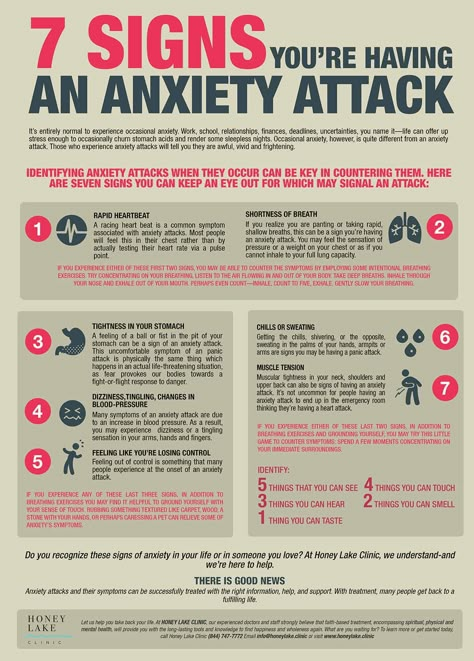
Get
Professional HelpIf you suspect you suffer from one or more anxiety disorders, seek professional help. Anxiety can slowly creep into your life and take it over if you fail to identify and remedy it immediately. Thus, schedule a mental healthcare appointment for that weird feeling in your head. Anxiety does not go away on its own. Instead, it can fester and grow into physical symptoms, like migraines.
Seek medical help if you have recurring headaches or migraines, muscle tension, heavy head, and feel occasional pressure in your head. Treating an anxiety headache with medication relieves the symptoms, but leaves the problem intact.
The bottom line is that anxiety and stress are ordinary human experiences. However, recurring anxiety with frequent emotional, cognitive, and physical symptoms indicates a problem. Fortunately, anxiety is a treatable condition that requires support and takes time, effort, and goodwill to overcome.
The Center • A Place of HOPE is a top treatment facility for depression, anxiety treatment, trauma, addiction, eating disorders, abusive relationships, and more. Contact us today.
Contact us today.
View our Client Reviews to get a better understanding of how we have helped people improve their lives.
Please call during opening hours, Mon-Fri 9am-5pm PT, Schedule a Callback or complete the form below.
Call Us TodaySchedule a Callback
The Center FAQs
[1] https://pubmed.ncbi.nlm.nih.gov/26317601/
[2] https://www.ncbi.nlm.nih.gov/pmc/articles/PMC4117064/
[3] https://www.ncbi.nlm.nih.gov/pmc/articles/PMC5360747/
[4] https://americanmigrainefoundation.org/resource-library/anxiety-and-depression/
Symptoms, Causes, Treatment, and Prevention
Anxiety is known to cause excessive worrying, irritability, and restlessness. But it can also cause physical symptoms like upset stomach, fatigue, and shallow breathing.
Anxiety headaches are another common physical symptom.
If you’re stressed or worried about something, you may have tension headaches. Experiencing severe or frequent headaches can also worsen the symptoms of anxiety.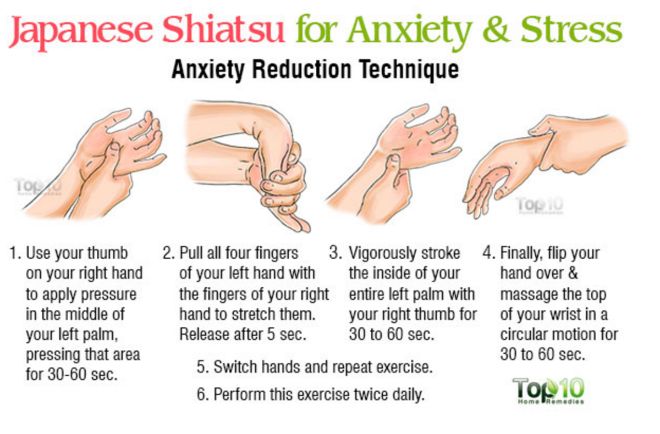
According to the American Migraine Foundation, nearly half of all Americans living with migraine also have anxiety. Research also suggests that people who have migraine attacks may be up to five times more likely to have anxiety than people who don’t.
Read on to learn more about symptoms, causes, and treatment for anxiety headaches.
Many people living with an anxiety disorder also experience either migraine or chronic tension headaches. The symptoms you experience depend on the type of headache you have.
Tension headaches
These headaches commonly develop with stress and anxiety, though they can have other triggers.
tension headache SYMPTOMS
- mild to moderate dull or aching pain
- pressure behind your eyes
- pressure that feels like a band around your head
- tightness in your neck and shoulder muscles
- scalp tenderness
Tension headaches might improve fairly quickly, but they may persist for several hours or days.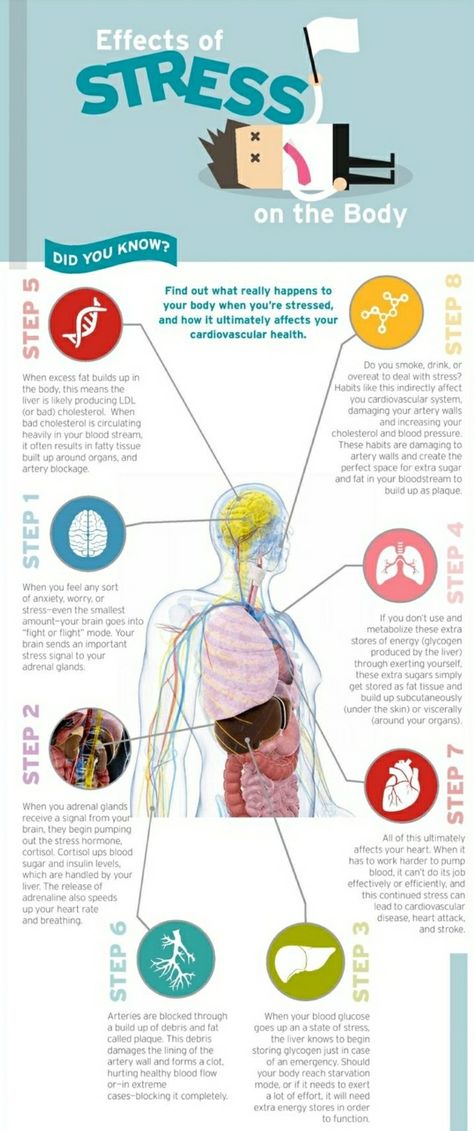 They aren’t always severe enough to affect your daily life, but can still have a negative impact on quality of life.
They aren’t always severe enough to affect your daily life, but can still have a negative impact on quality of life.
Migraine headaches
Migraine can also be associated with anxiety. It’s not always easy to tell if you’re experiencing a migraine or tension headache, especially if you get both types of headaches.
migraine symptoms
- pain that feels like a throb or pulsation
- pain on one side of your face or head
- tingling in your face, arm, or leg on one side
- seeing spots or flashing lights
- increased sensitivity to sound, light, or strong odors
- nausea and vomiting
- feeling lightheaded or fainting
- blurry vision
Without medication or other treatment, a migraine attack can last for days. The pain can become so severe that it prevents you from your usual activities. Movement or physical activity can make you feel worse.
Experts aren’t certain exactly what causes tension headaches, though there are some common triggers.
Stress
Research points to stress as a common trigger. Headaches that occur with anxiety can happen as a physical response to the emotional distress you’re experiencing.
Sensitivity to pain
It’s also believed that people who regularly get headaches may be more sensitive to pain. This sensitivity can lead to more tenderness in your muscles.
Muscle tension
Muscle tension is one aspect of anxiety. When you feel anxious, your body responds, preparing to deal with the source of your worry.
With long-term anxiety, your body tends to stay in a state of increased alert. The tension in your muscles remains, instead of relaxing normally after the threat subsides. This contributes to headaches.
Lack of sleep
Many people with anxiety have difficulty sleeping. This is another common trigger for migraine attacks.
Serotonin levels
Changing serotonin levels in the brain may also play a role in migraine headaches. Serotonin is a chemical in the brain that has many important roles in your body.
Having too much or too little serotonin in your brain can affect physical and mental health. Sudden decreases in brain serotonin levels may cause headaches through the release of neuropeptides or constricted blood vessels.
It may not be possible to entirely prevent headaches, but there are some steps you can take to help decrease the frequency and severity of headaches.
Recognize your triggers
If you get migraine headaches, knowing what triggers them can help. Common migraine triggers include:
- stress
- insufficient or low-quality sleep
- hormonal changes
- caffeine
- alcohol
Practice relaxation
Making time in your day for relaxation can help reduce anxiety symptoms.
Physical exercises that can help you relax include yoga, tai chi, and deep breathing techniques. Massage and heat therapy may also be beneficial.
You can also practice mindfulness exercises like meditation, progressive relaxation therapy, and guided imagery.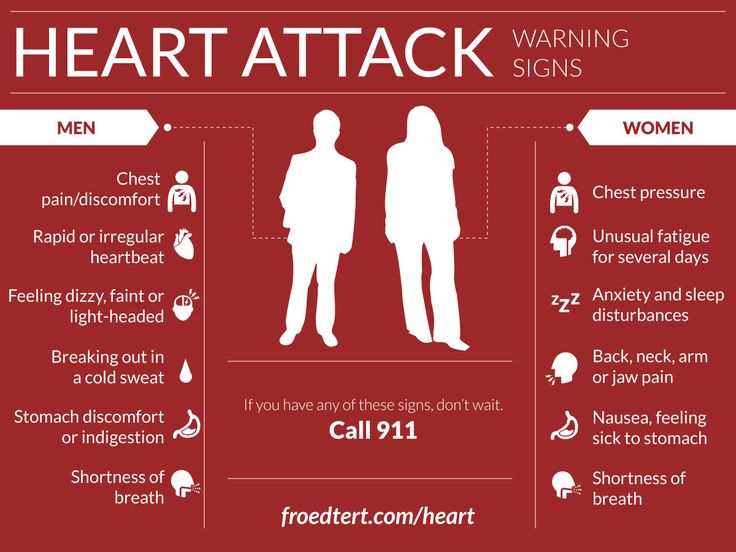
Practice self-care
Anxiety can affect your sleep, your appetite, and your overall health. Practicing self-care can help reduce anxiety symptoms, including headaches.
- Try to get between seven and nine hours of restful sleep each night.
- Make time for regular physical activity. Even a 10-minute walk each day can help.
- Make sure you’re getting enough water, from foods or liquids, to avoid dehydration.
- Avoid skipping meals. Eat nutritious meals at regular times as much as possible. Some people living with migraine find a migraine diet can help decrease headaches.
- When headaches or anxiety are severe enough to affect daily life, see a doctor or therapist.
There are a variety of treatments for anxiety headaches, depending on the type and severity of headache you’re experiencing.
Some treatments focus on pain relief, while others focus on treating the underlying causes of anxiety.
Pain-relieving medication
You can treat occasional tension headaches with over-the-counter (OTC) and prescription pain-relief medications.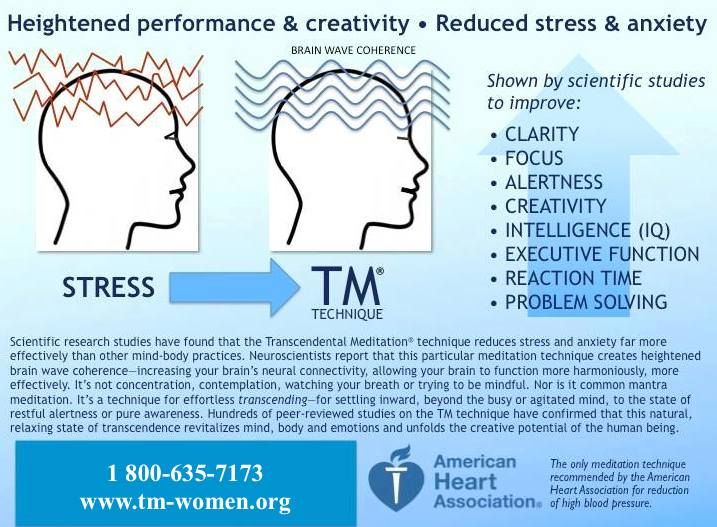
Common OTC medications include aspirin, ibuprofen, and naproxen (Aleve). For mild to moderate migraine, drugs that combine pain relief with caffeine, such as Excedrin Migraine, may also help.
Triptans are prescription drugs that can treat both migraine and tension headaches. These drugs increase serotonin levels in your brain, reducing inflammation and constricting blood vessels.
Triptans include almotriptan (Axert), eletriptan (Relpax), sumatriptan (Imitrex).
However, using pain relieving medicines to treat headaches consistently can often contribute to medication overuse headaches. Overusing medication, or taking higher doses than recommended, can also cause serious side effects.
Anti-anxiety medication
If over-the-counter medications don’t work well for your pain, you may want to talk to your doctor about different treatment approaches.
In some cases, a family doctor or psychiatrist may prescribe other medications, including anti-anxiety medications or muscle relaxers, to help decrease the frequency of severe, persistent headaches.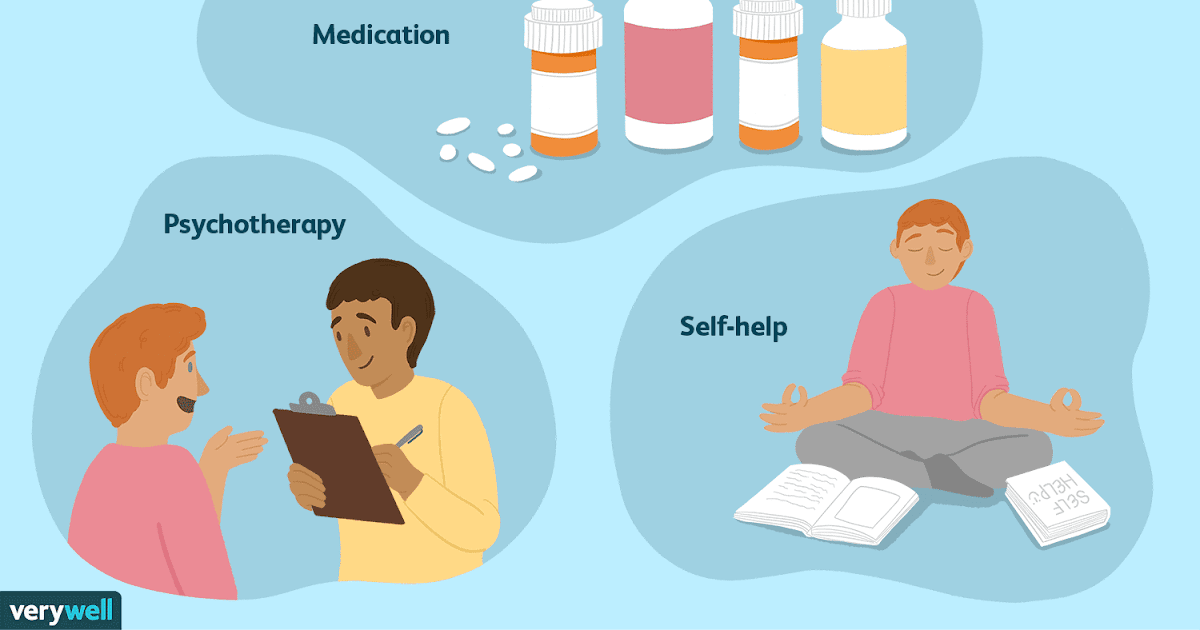
Alternative remedies
You can also try using ice or cold compresses to soothe the painful spot on your head, resting in a dark room, or both.
Other potentially helpful migraine treatment approaches include:
- Acupuncture. Acupuncture involves thin needles inserted at various points in your body. The goal of this treatment is to address the energy imbalances and blockages in your body believed to be causing pain or distress.
- Biofeedback. This approach to relaxation may help reduce pain and headache frequency. Biofeedback helps you learn, through electrodes on your skin, to recognize when you’re becoming stressed so you can relax areas of tension and control your response.
Talk therapy
If you’re dealing with anxiety headaches, the best way to treat them may be to get help for anxiety.
Therapy for anxiety can not only improve mental health symptoms, but it can also help reduce physical symptoms such as headache.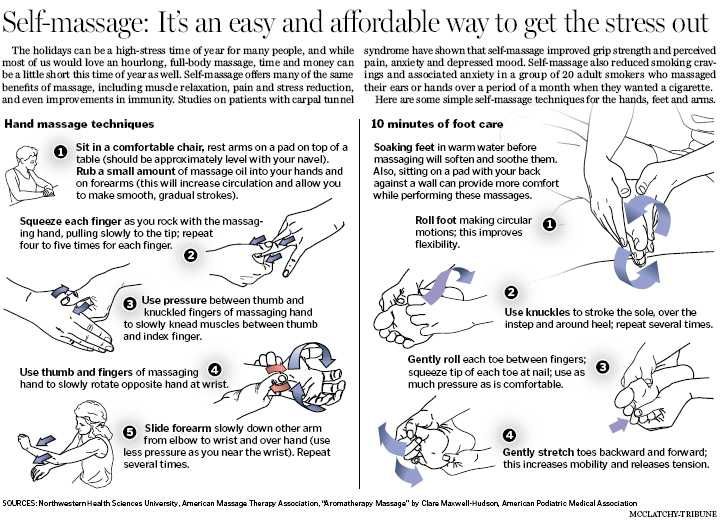
Cognitive behavioral therapy (CBT) is a common type of therapy used to treat anxiety. This approach helps you learn to identify and challenge negative and distressing thought patterns.
If you’re working with a therapist, make sure to mention your frequent headaches, along with other physical symptoms you’ve experienced, even if they don’t seem to relate to anxiety.
Anxiety headaches aren’t always serious, but regular or severe headaches can make your daily life difficult.
Treating anxiety headaches involves understanding why you experience them. They may often relate to periods of high anxiety or stress.
As with migraine attacks, identifying what triggers your tension headaches can help you avoid specific situations or work to control your stress response if you can’t avoid them.
It’s important to see your healthcare provider if you have symptoms of migraine or experience headaches severe enough to affect your daily life.
In general, getting help for anxiety may be the key to improvement.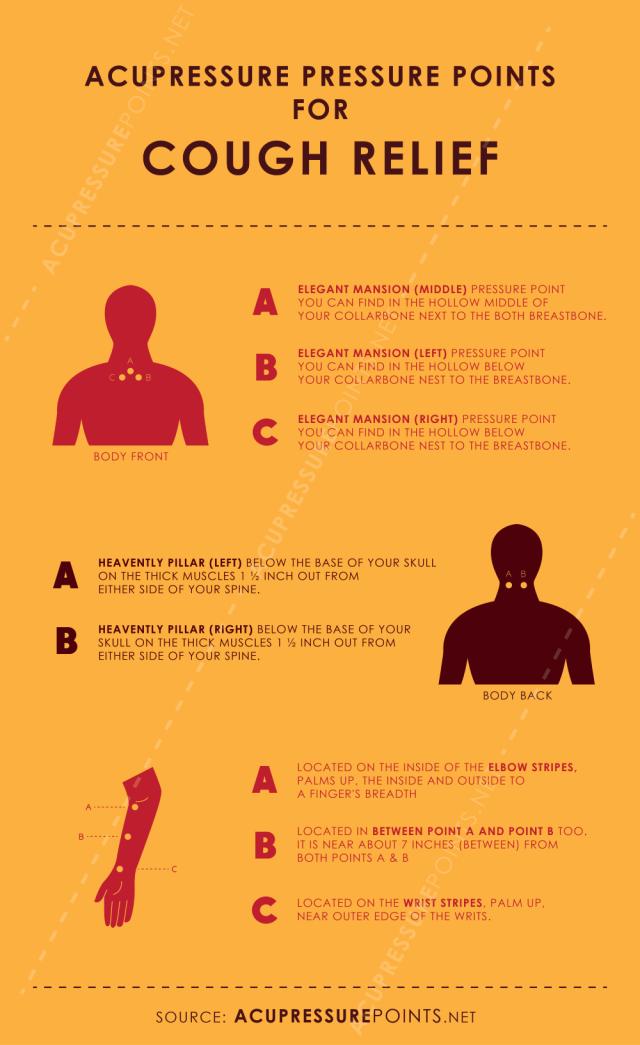 A therapist can help you learn to cope with anxiety’s effects and reduce the impact of worry and other negative thoughts.
A therapist can help you learn to cope with anxiety’s effects and reduce the impact of worry and other negative thoughts.
"X-Clinic" article - Symptoms of panic attacks and how to deal with them The editors of WMJ.ru talked to a psychotherapist and learned everything about panic attacks firsthand. Details - in our material!
What is a panic attack
A panic attack is an attack of sudden fear and intense anxiety for no apparent reason. The origins of panic disorder are not entirely clear. However, it is believed that the disease has a genetic predisposition and more often affects the fair sex. Women are more prone to panic attacks and suffer from this disorder 2-3 times more often than men. nine0003
Panic attacks cannot lead to death, despite the fact that this is the sensation that most often accompanies them. The more frequent attacks occur, the worse the quality of life becomes. People who have repeatedly experienced panic attacks become increasingly anxious and subconsciously try to avoid places or situations where and when they succumbed to fear.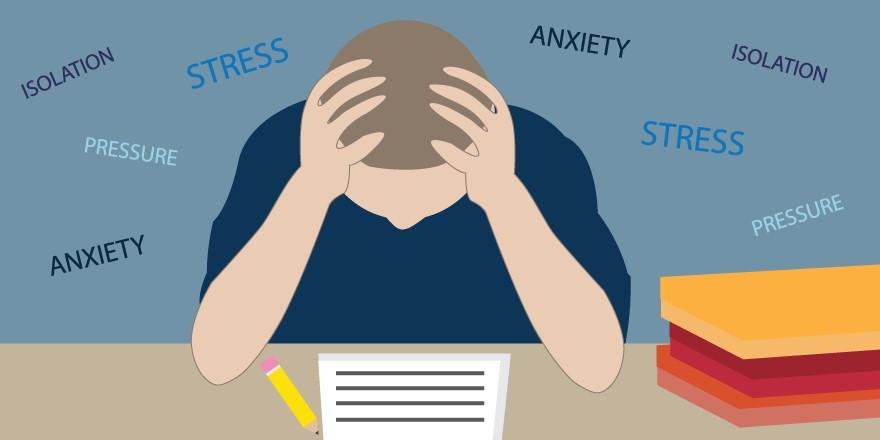 Those who have ever experienced an attack at night, subsequently face sleep disorders.
Those who have ever experienced an attack at night, subsequently face sleep disorders.
What are the symptoms of a panic attack
A panic attack is a case of an attack of fear with a sense of imminent death or anxiety, accompanied by certain symptoms. Most often, these include: rapid heartbeat and pulse, sweating, chills or a feeling of heat, tremors, shortness of breath and suffocation, dizziness, fainting, fear of death, and others. If 4 of the symptoms listed above are present, we can talk about an attack of a panic attack.
What to do in case of a panic attack
The most important thing to do during a panic attack is to shift your attention. Any method is fine for distraction. If the attack caught you in a public place, then you can clench and unclench your fists, rub your earlobes or step from foot to foot. If the panic caught you by surprise at home, try turning on the music, start doing household chores: washing dishes, dusting. Any activity that involves muscle work and requires attention will do.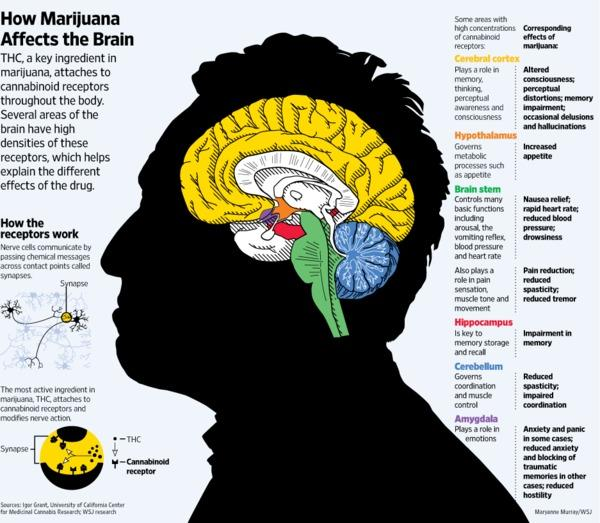 nine0003
nine0003
Since a panic attack is accompanied by a rapid heartbeat and a feeling of stuffiness, it will not be superfluous to take a couple of sips of water and concentrate on breathing. It is best to learn a few techniques that will quickly relieve tension. In case of an attack, start with an exhalation - slow it down, and the pulse will also slow down. The ratio of the length of inhalation and exhalation should be 1:2. You can experiment and choose the technique that will help you. A smartphone can also help to distract from panic. Games, social networks - all this will switch attention and distract from a panic attack. nine0003
How normal anxiety differs from a panic attack
The mechanism that triggers a panic attack is no different from what causes ordinary anxiety - both are psychophysical reactions to danger. The difference is that a panic attack is a reaction to danger in the absence of danger. Nevertheless, a false alarm triggers the same cascade of reactions as a normal alarm - the sympathetic system is activated, adrenaline is released.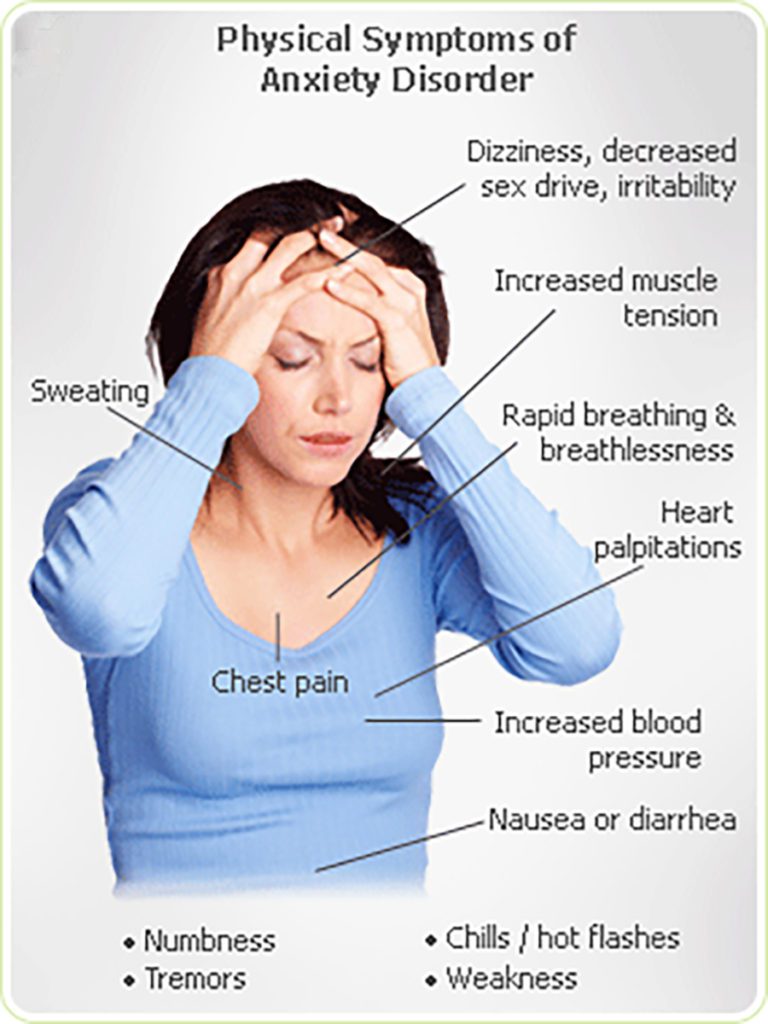
A panic attack can occur against the background of excessive physical exertion, overwork and exhaustion, as well as against the background of the abuse of stimulants and alcohol. In addition, stress and unresolved conflict situations can provoke an attack. Lack of understanding of one's own experiences and feelings, a tendency to avoid negative emotions and ignore them also increase vulnerability to panic disorder.
How to prevent a panic attack from turning into a panic disorder
Panic disorder is characterized by a number of symptoms, one of which is a panic attack. In order to make a diagnosis of "panic disorder", it is necessary that panic episodes manifest themselves constantly for a month and are not associated with threats, dangers and previous diseases. In addition, attacks should be accompanied by the following symptoms: anxiety about the repetition of attacks, loss of self-control, a sharp change in behavior. nine0003
How to treat panic attacks and when to see a specialist
Seeing a specialist for recurring panic attacks is a must.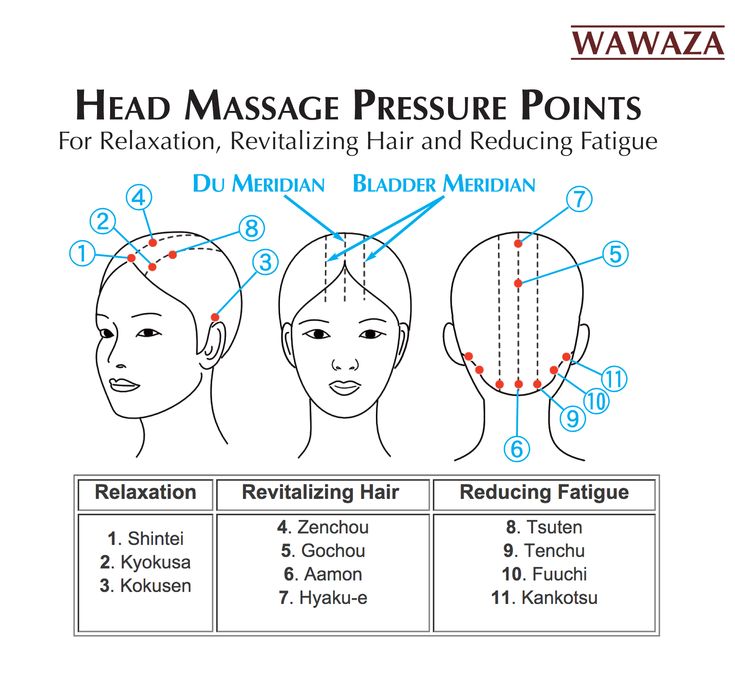 Therapy is selected individually and, as a rule, includes psychotherapeutic work and drug therapy. Psychotherapy implies a variety of techniques aimed at understanding and understanding the causes of problems, learning how to deal with the symptoms of the disease, methods of relaxation. Psychotherapy can take place in the form of individual meetings with a psychotherapist or in the form of group sessions with other patients. Drug therapy for panic disorder is carried out with various drugs that help reduce anxiety and fear. Appointment, correction of dosages and cancellation of treatment must be carried out under the supervision of a physician. nine0003
Therapy is selected individually and, as a rule, includes psychotherapeutic work and drug therapy. Psychotherapy implies a variety of techniques aimed at understanding and understanding the causes of problems, learning how to deal with the symptoms of the disease, methods of relaxation. Psychotherapy can take place in the form of individual meetings with a psychotherapist or in the form of group sessions with other patients. Drug therapy for panic disorder is carried out with various drugs that help reduce anxiety and fear. Appointment, correction of dosages and cancellation of treatment must be carried out under the supervision of a physician. nine0003
Modern neurotechnologies can also help in the treatment of panic attacks. Neurofeedback training methods have been developed for patients with panic disorder. During trainings, patients learn to manage their emotional state, they form new neural connections, and the level of anxiety decreases. In addition to professional help, lifestyle plays an important role in the treatment and prevention of panic attacks. Try not to abuse alcohol and caffeine, rest more, go in for sports, yoga is better. nine0025
Try not to abuse alcohol and caffeine, rest more, go in for sports, yoga is better. nine0025
Source: https://www.wmj.ru/krasota/telo/golovokruzhenie-zhar-i-dazhe-udushe-simptomy-panicheskikh-atak-i-kak-s-nimi-borotsya-razbiraem-s-vrachom.htm
Back to the list
Main types and causes of headache
Article author: Lysikova Tatyana Alexandrovna , neurologist, otoneurologist
nine0003
Nowadays, you rarely meet a person who is not familiar with some or other manifestations of headache. It has many varieties, and each tells you about a malfunction in the body, so neurologists say that you can not endure a headache or constantly use painkillers. At the heart of any pain, including a headache, is a disease.
Headache is a symptom, in other words, an alarm signal, which is why an experienced doctor at the Semeynaya clinic will recommend not to eliminate the headache pointwise, but to undergo an examination and find the cause of the headache, and hence the disease itself. Modern medicine has learned to deal effectively with almost all types of headaches. Most often, patients complain about:
Modern medicine has learned to deal effectively with almost all types of headaches. Most often, patients complain about:
- intense pain in the temples,
- many are familiar with the pain of high blood pressure,
- owners of osteochondrosis know how their neck and head hurt during an exacerbation of this disease,
- Migraines often torment both the young and the elderly.
In all cases, not knowing the nature of the pain, and using the wrong drugs, you can only intensify it and worsen the situation with the underlying disease that causes headache. When visiting a doctor with complaints of a headache, he will definitely ask you to describe the pain in detail: “Where and how does your head hurt?”. Let's try to deal with the main types and causes of headache.
Tension headache
Feeling of spreading, dull, monotonous pain that starts from the back of the head and neck, smoothly flows to the front of the head, to the temples, can be on one or both sides.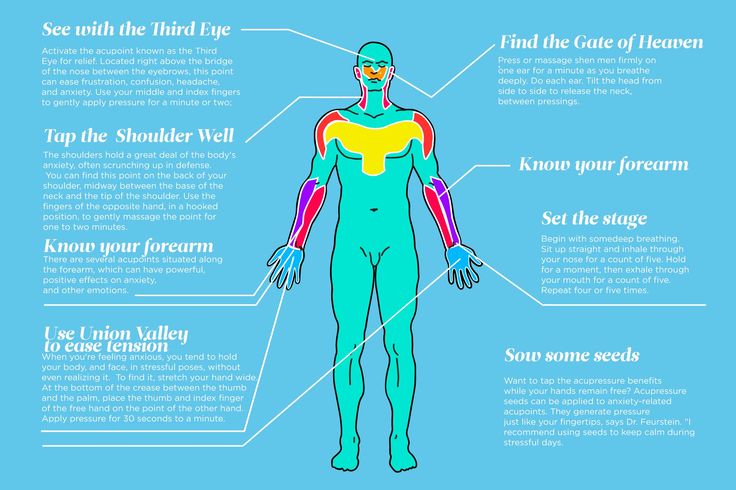 In rare cases, it is accompanied by dizziness or nausea, reminiscent of pulling the head with a tight hat or ribbon.
In rare cases, it is accompanied by dizziness or nausea, reminiscent of pulling the head with a tight hat or ribbon.
Why is it dangerous not to pay attention to such a headache?
This kind of tension headache speaks of a strong tension in the muscles of the scalp and neck and appears due to severe mental stress or deep nervous exhaustion. People who feel such a headache most often do not seek help from doctors, but the frequent use of painkillers can in this case lead to an increase in pain sensitivity and an increase in the occurrence of pain.
How to treat a tension headache?
This type of pain has been known to doctors for a long time and can be successfully treated. After establishing the diagnosis, the doctor, depending on the severity and neglect of the disease, may prescribe the use of NSAIDs, muscle relaxants according to indications, vitamin preparations, a course of exercise therapy or some type of reflexology may be needed. You may need to contact a psychotherapist to get rid of depression, the doctor will conduct a psychoanalysis, work out internal and external conflicts, or prescribe medication. Having carried out a complex of therapeutic measures, you can get rid of disease causing headache.
You may need to contact a psychotherapist to get rid of depression, the doctor will conduct a psychoanalysis, work out internal and external conflicts, or prescribe medication. Having carried out a complex of therapeutic measures, you can get rid of disease causing headache.
Cervical osteochondrosis and headache
Headache caused by cervical osteochondrosis is characterized as severe pain, starting from the back of the head in the neck, and is often accompanied by nausea and dizziness. It is provoked by a sharp movement of the neck, colds, air conditioners in the summer, and the wrong position of the head and body during sleep. There is muscle tension, spasm, which, in turn, increases pain - the so-called "vicious circle of pain." nine0003
If osteochondrosis is not treated
Systemic pain caused by cervical osteochondrosis may cause symptoms of vascular insufficiency, decreased hearing, vision, and tinnitus.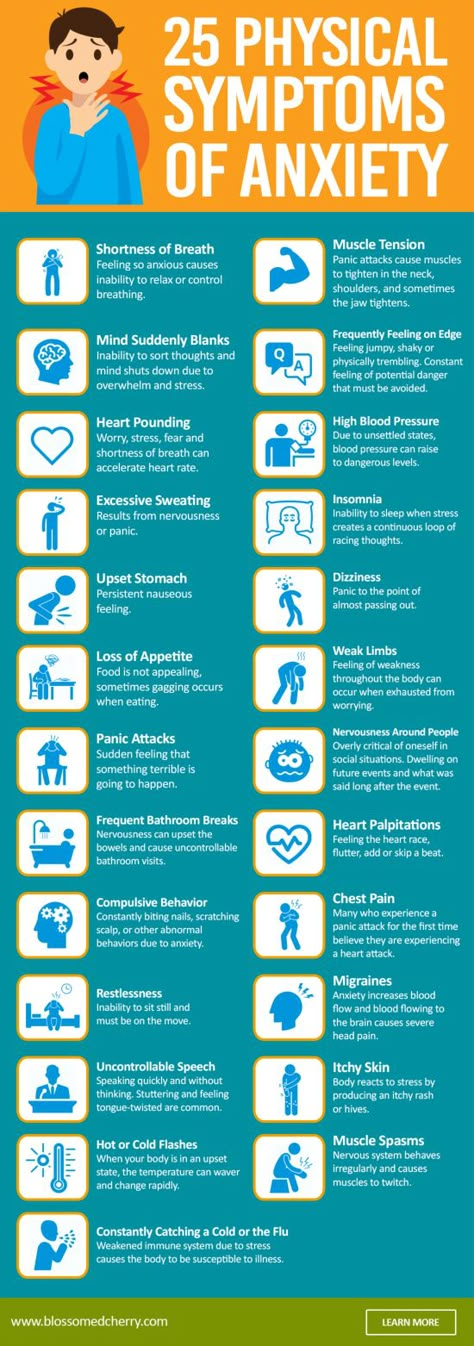 Due to frequent exacerbations, the patient experiences mental discomfort, anxiety, depression, sleep may be disturbed and psychogenic sexual disorders appear.
Due to frequent exacerbations, the patient experiences mental discomfort, anxiety, depression, sleep may be disturbed and psychogenic sexual disorders appear.
Treatment of headaches in osteochondrosis
Impaired cerebral blood flow in osteochondrosis is restored with the help of specially selected drug therapy. Non-steroidal anti-inflammatory drugs and muscle relaxants are prescribed. In parallel, physiotherapy, manual therapy and other methods of reflexology are used. nine0003
Blood pressure and headache
A decrease or increase in blood pressure relative to the norm is almost always accompanied by headaches of varying intensity in the forehead, temples or occiput. Jumps in blood pressure can be triggered by stress, overwork or weather changes. Sudden changes in blood pressure and the headache that accompanies them are symptoms of many diseases, so you should not neglect a headache and suppress it with painkillers without prescribing specialists. The causes of diseases associated with pressure can be disorders in the work of the heart, thyroid gland, kidneys, adrenal glands. As a consequence, the neglect of these diseases can lead to loss of consciousness, increased risk of falls and, consequently, injury, as well as the possibility of stroke. nine0003
The causes of diseases associated with pressure can be disorders in the work of the heart, thyroid gland, kidneys, adrenal glands. As a consequence, the neglect of these diseases can lead to loss of consciousness, increased risk of falls and, consequently, injury, as well as the possibility of stroke. nine0003
Treatment of headaches due to pressure changes
Increase or decrease in blood pressure - serious diseases that require long-term observation and treatment. After establishing the underlying cause of the disease, the doctor prescribes a course of treatment, which consists of an individually selected drug therapy. When selecting medications, the doctor will study the entire medical history of the patient and take into account other diseases, if any, as well as the nature of pressure deviations. Only after that, drugs will be prescribed. When prescribing a course of treatment, an experienced specialist will instruct you on how to competently stop severe pain and hypertensive crises before the arrival of an ambulance.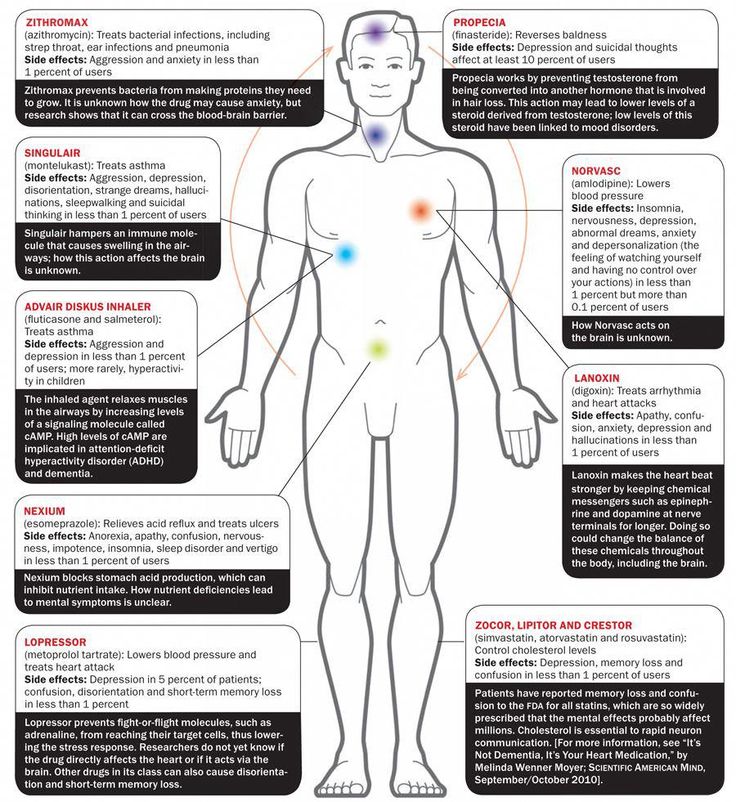 nine0003
nine0003
Increased intracranial pressure and headache
Headache with increased intracranial pressure is described as monotonous, dull, pressing on the whole head. Often accompanied by nausea and vomiting, pain around the eyes. This kind of headache often appears and worsens immediately after waking up, irritants can be bright lights and loud noises, a sudden change in weather, excessive consumption of alcoholic beverages, salty and fatty foods, as well as overeating before bedtime, unexpected physical exertion, fatigue. nine0003
How an increase in intracranial pressure occurs
Cerebrospinal fluid (CSF), which fills the internal and external cavities of the brain, protects the brain from mechanical impact and affects metabolic processes, constantly circulates between the parts of the brain. In case of insufficient absorption or increased release of fluid, there is a violation of the circulation of the cerebrospinal fluid, which leads to an increase in intracranial pressure, and it manifests itself with severe headaches. The causes can be craniocerebral injuries, inflammatory diseases, anomalies in the structure of the cerebrospinal fluid, as well as the cervical vertebrae. Increased intracranial pressure for a long time leads to a deterioration in the functioning of the brain and the autonomic nervous system. Manifestations can be in the form of decreased hearing, vision, memory and attention, mental disorders in the form of depression and sleep disorders. nine0003
The causes can be craniocerebral injuries, inflammatory diseases, anomalies in the structure of the cerebrospinal fluid, as well as the cervical vertebrae. Increased intracranial pressure for a long time leads to a deterioration in the functioning of the brain and the autonomic nervous system. Manifestations can be in the form of decreased hearing, vision, memory and attention, mental disorders in the form of depression and sleep disorders. nine0003
Treatment of headaches with increased intracranial pressure
In the treatment of headaches, venotonic drugs, special exercises and manual therapy are successfully used to improve venous outflow from the skull and reduce intracranial pressure.
What is a migraine? types of wines. The causes of this type of headache are not fully understood, but it is based on irritation of the peripheral nervous system in the head and neck, after which there is a sharp narrowing of one of the cerebral arteries, and then a sharp expansion, at which point throbbing pain occurs.
